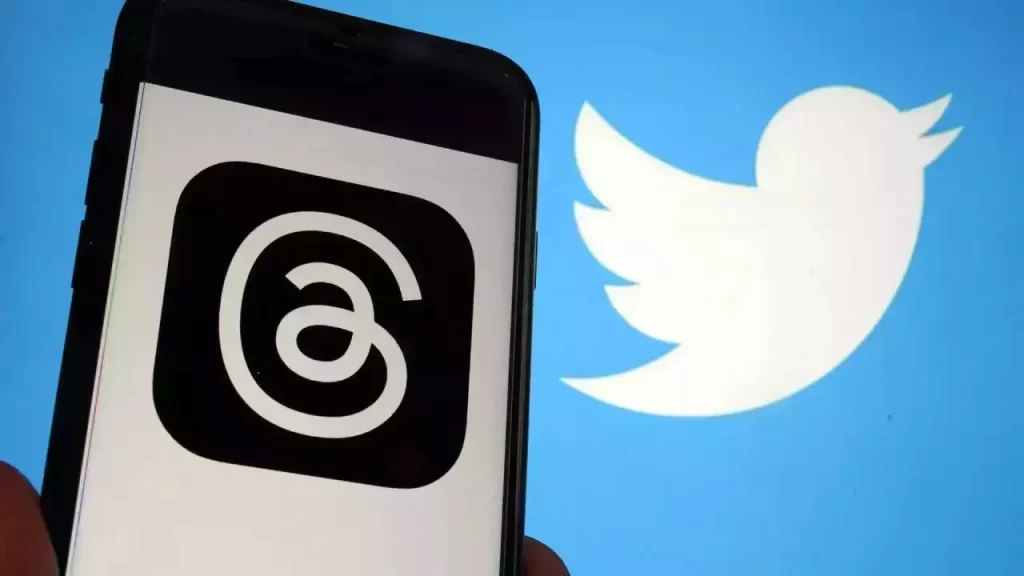In a move that highlights the ongoing rivalry between social media giants, Twitter has threatened to sue Meta, formerly known as Facebook, for allegedly hiring laid-off Twitter employees to develop a copycat app. The dispute stems from Elon Musk’s acquisition of Twitter eight months prior to Meta’s launch of Threads, a text-based app. Musk had initiated a massive layoff, letting go of nearly half of Twitter’s workforce at the time.
Musk’s attorney, Alex Spiro, sent a cease-and-desist letter to Meta CEO Mark Zuckerberg, accusing the company of unlawfully acquiring Twitter’s trade secrets and intellectual property. The letter claimed that some of the former Twitter employees hired by Meta still had access to confidential information and had retained Twitter documents and electronic devices.
However, a source familiar with both companies revealed that while there were some ex-Twitter employees at Meta, none of them were currently involved in the development of Threads. Meta’s communications director, Andy Stone, clarified in a Threads post that the engineering team behind the app did not consist of former Twitter employees.
Since taking over Twitter, Musk has made significant changes, including laying off approximately 80% of the company’s workforce and introducing controversial alterations to content moderation rules and the verification process. These decisions have stirred both criticism and praise within the Twitter community.
According to reports, Meta employees had been observing the turbulence at Twitter as an opportunity to create a competing app. Threads was officially launched recently and quickly gained traction, amassing around 30 million sign-ups within the first 24 hours, according to Zuckerberg.
The legal dispute between Twitter and Meta sheds light on the intense rivalry and conflict in the social media industry. In their continued conflict to rule the market, both businesses will file lawsuits and level charges against one another. The resolution of this particular dispute will likely have an impact on how social media will develop in the future and how intellectual property will be protected.

